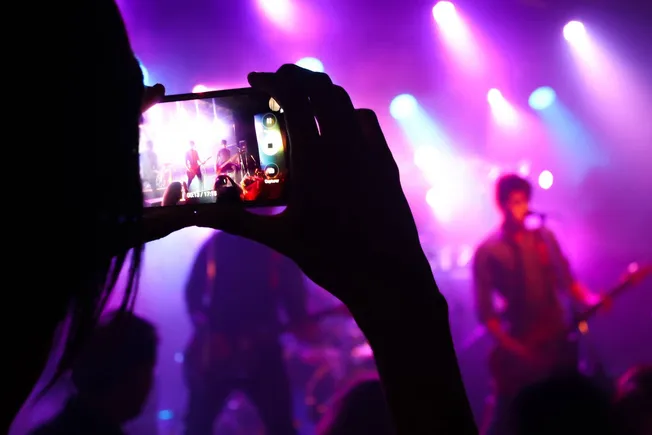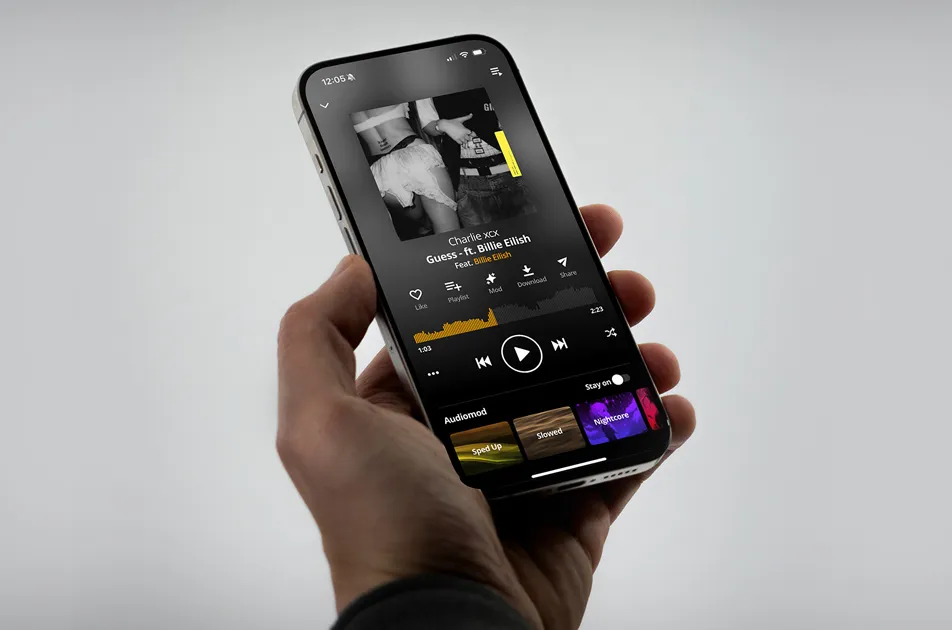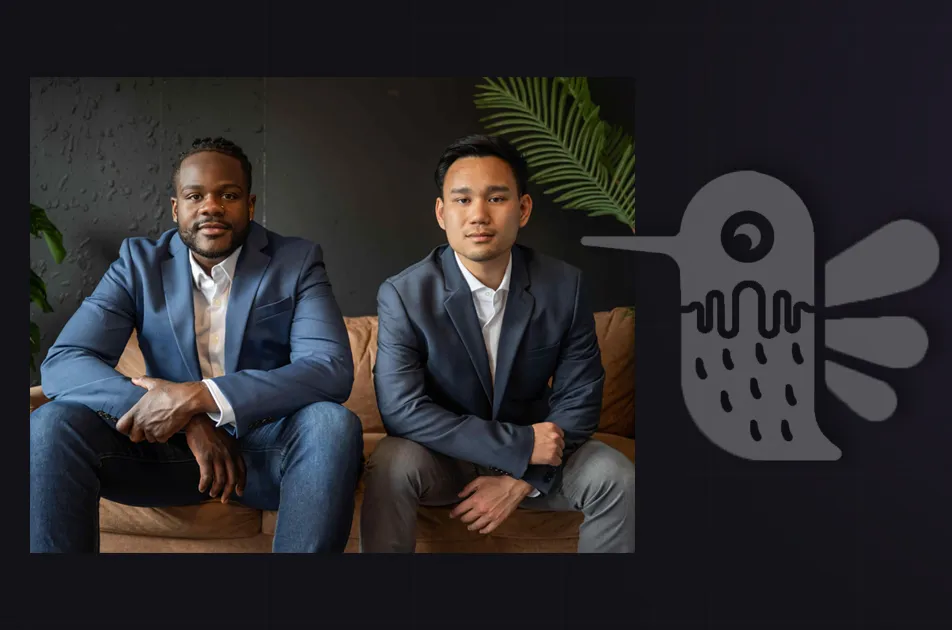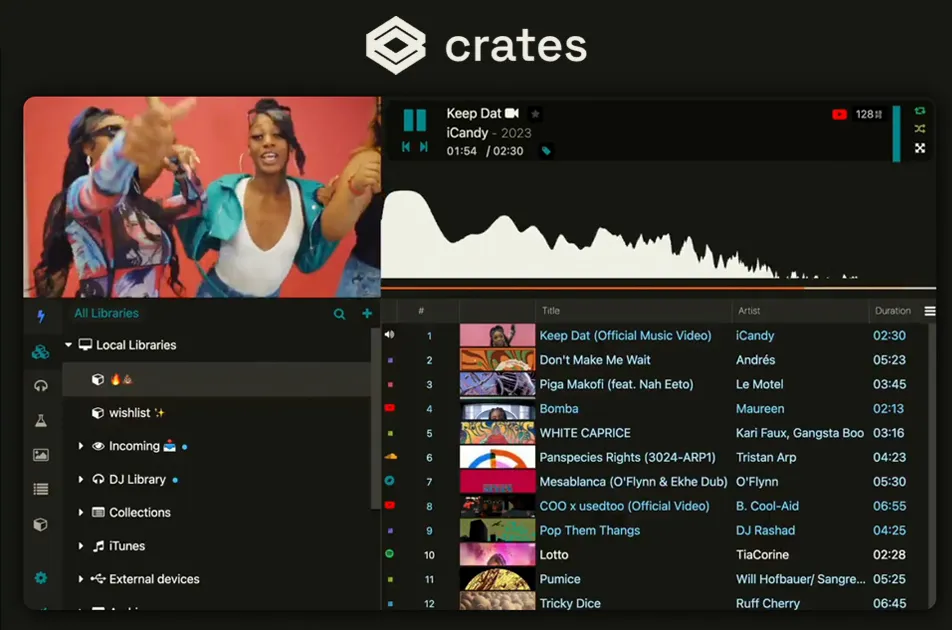In this piece, Sergey Bludov explores how the challenges presented to the music industry as a result of the current crisis have allowed some artists and other industry players to find innovative ways to adapt and thrive.
Guest post by Sergey Bludov, Senior Vice President, Media & Entertainment, DataArt
The music industry is entering the age of the artist. Today’s musicians have access to a range of tools that allow them to retain a high level of control over their career trajectory. While traditional record label deals still exist, they are no longer the only option for artists attempting to build a global audience. Musicians who are savvy on social media have the potential to create a buzz without relying on mainstream media outlets. At the same time, the rapid growth of streaming playlists and recommendation engines increases the chance for a song to gain popularity without the help of traditional radio play or TV exposure. And the extraordinary rise of mobile is the driving force behind the new wave of tools and platforms being used by the artists of today.
Although modern tools provide artists with the possibility of securing a significant fan base on their own, the music industry remains essential for virtually all musicians. However, the role of the industry has changed in a lot of scenarios, with labels providing a wide range of services to assist artists in the early stages of their careers and continuing once they’re enjoying success.
Music Industry Takes a Hit
As we all struggle to make our way through the global COVID-19 crisis, every business faces unprecedented challenges. While the health and safety of everyone—including employees, colleagues, and our families—remains the highest priority, the music industry is coming together to find ways to retain forward momentum amidst the unfortunate realities of this worldwide pandemic.
The live music sector has taken the biggest hit during this crisis, but other aspects of the industry are also suffering as a result of the current health concerns. Canceled tours and postponed festivals could end up meaning billions in lost revenue for artists and those who support their efforts, including booking agents, management teams, and venue staff.
It’s clearly a very difficult time for the entire music industry. For example, Live Nation’s market value dropped by over 50% in the three weeks following February 20, while radio giant iHeart also went down to less than half of its former stock price.
Surviving (and Thriving) in Crisis
Fortunately, it’s not all doom-and-gloom. In fact, we’re seeing artists and other industry players coming together to not only survive during this global crisis but also to develop new concepts that are catching on in a big way.
What can we do when concerts must be canceled? A growing number of artists are answering that question by delivering live performances to their fans via social media and other online platforms. A wide range of musicians that include Pink, Keith Urban, John Legend, Patti Smith, Coldplay singer Chris Martin, and many others have jumped on the opportunity to continue performing instead of going silent. And it’s working. Chris Martin’s livestream attracted more than 300,000 viewers, and the trend is exploding overall as a growing number of artists are performing live to massive numbers of fans online.

Some musicians are using this situation to apply their creativity beyond an online live show by offering more unusual performances, while a variety of platforms are being utilized. For example, Dua Lipa was a guest on James Corden’s variety show where she performed “Don’t Start Now” via video chat as her dancers and bandmates joined in remotely. Elton John hosted the “iHeart Living Room Concert for America” featuring remote performances by Alicia Keys, Tim McGraw, Mariah Carey, and many other popular artists. James Blake created a two-part livestream on Instagram, and MTV is running a virtual version of its highly acclaimed Unplugged series. These examples and many more illustrate the resilience of artists and the entire music community who are finding ways to stay connected and vital while the pandemic interrupts their regular schedules.
Capitalizing on Lessons Learned
Given the current global situation, the importance of social media and a range of platforms—including YouTube, TikTok, and Twitch—is skyrocketing. So, in what ways will the efforts being made during this crisis transform the music industry in the future? And how can we continue to capitalize on the potential of mobile and social media once the pandemic is over?
The idea of “couch tours” already existed before coronavirus became a concern, but the growth of this phenomenon through the pandemic is extraordinary. Although artists will certainly return to traditional live performances when things settle back down, there’s no question that the social media practices being applied today can be continued as a method for building larger fan bases and developing global music communities.
Although analytics apps are already made available to artists by record labels and music platforms, I believe that it’s time to greatly enhance the social engagement component. A new wave of analytics apps has the potential to allow artists to learn more about the trends revealed by the statistics and subsequently respond effectively.
A significant advancement comes from the inclusion of sentiment analysis, allowing artists to gain a sense of the moods and thought processes of their fans. Some social media management tools include algorithms that provide information about sentiment, such as grouping mentions into categories like positive, negative, or neutral. This data can be extraordinarily helpful if utilized correctly. For example, artists can focus on the most important mentions first to ensure that both the happiest and the least happy customers get a quick response. These tools can also be used to gain insights into the overall reputation of a band or singer, which allows management teams and record labels to assist in making improvements and increasing the success of the artists on their roster.
How about bots? I believe that the application of bots will have a major influence on the music industry in the coming period. Bots can be utilized in many ways, and it will be very interesting to see which practices are widely adopted. For example, artists can create their own bots that connect to their fans via various social media platforms. The application of bots can be an incredibly valuable marketing tool with the ability to answer common questions, quote lyrics, or any other straightforward task, thereby nurturing an artist’s relationship with their fans to take their connection to a much higher level. As AI and ML continue to advance, bots will be capable of increasingly human-like communication, which can be used by artists and labels to create highly personalized messaging strategies with their fans.
The music industry is on the cusp of the age of the mobile artist. As the mobile artist experience thrives and expands, the apps that support these initiatives must evolve into hubs that are capable of covering every aspect of an artist’s career. By developing tools that fully embrace the social nature of music and the shifting fan and industry landscapes, the potential for artist-to-fan interactions to intensify and deepen is virtually limitless.
Sergey Bludov is a Senior Vice President of Media and Entertainment at DataArt, in charge of key client relationships, focused on developing sales strategy and ensuring revenue growth.
Sergey has joined DataArt over a decade ago and has held a number of leadership positions, building exceptional client teams and ensuring execution and delivery of high-profile projects for the music technology, digital entertainment and book publishing clients. Sergey holds a MS in Computer Engineering from the National Aerospace University ‘Kharkiv Aviation Institute’ in Ukraine.
About DataArt:
DataArt is a global software engineering firm that takes a uniquely human approach to solving problems. With over 20 years of experience, teams of highly-trained engineers around the world, and deep industry sector knowledge, we deliver high-value, high-quality solutions that our clients depend on, and lifetime partnerships they believe in.





